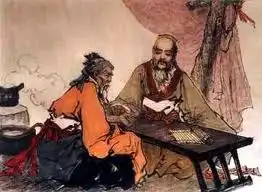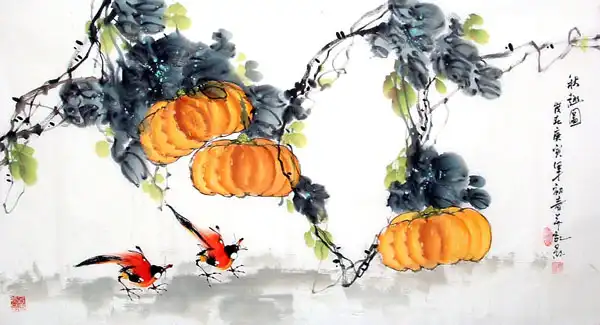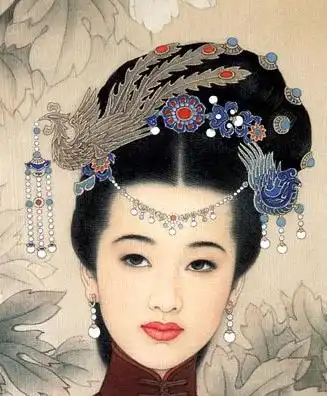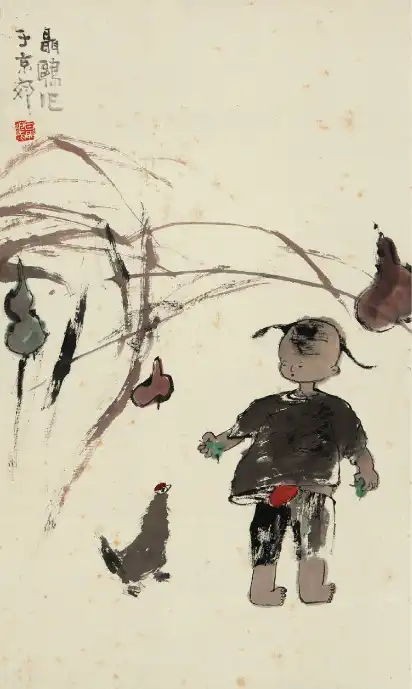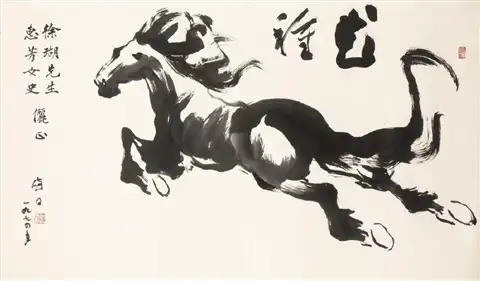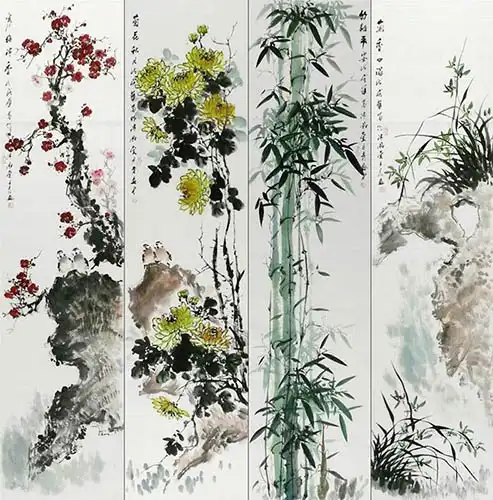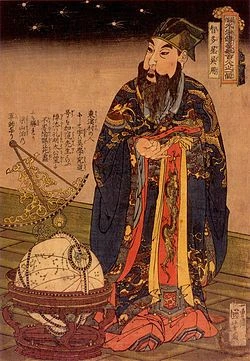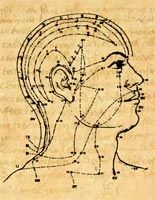Cause
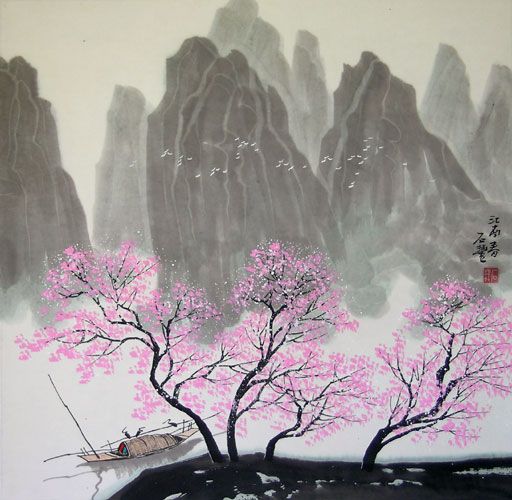
- chronic Lung infection
- inflammation of the Lung
- Kidney Yin deficiency
- living in a dry environment
To understand the pattern “dryness in the Lung" we need to make a short review of the concept of Yin and Yang in traditional Chinese medicine.
Since Yang in nature represents activity, light, warmth it logically represents function/warming faculty in the human body. Since Yin in nature represents rest, quiet, slowness, in the human body it translates to structure, substance, matter. In other words Yin represents blood, body fluids and matter, while Yang is the force that gives them live.
There is good health when Yin and Yang are in balance. When there is deficiency of Yang, Yin instantly becomes excessive and vice versa – when there is deficiency of Yin, Yang becomes excessive. Yang deficiency manifests in coldness, lethargy, overflow as there is "deficiency of warmth and energy" which struggles to contain the matter. And vice versa - when there is Yin deficiency the warming principle of the body (Yang) becomes excessive which in time will lead to accumulation of heat. Since body fluids are part of Yin, Lung Yin deficiency will also manifest in “dryness in the Lung”.
Lung Yin deficiency is a chronic condition, it cannot happen overnight. Causes for Lung Yin deficiency are chronic Lung infection or inflammation of the Lung.
Another cause for Lung Yin deficiency is Kidney Yin deficiency. In traditional Chinese medicine the Kidney is viewed as “the root organ” that sends nourishment and energy up to the other organs. Thus chronic Yin or Yang deficiency in the Kidney will eventually manifest in Yin/Yang deficiency in one or more other organs.
Living in a dry environment may also cause dryness in the Lung.
If you want to learn more about the Lung and its functions from the perspective of traditional Chinese medicine go to "The Lung in Traditional Chinese Medicine" in the Physiology chapter.
Symptoms
- dry cough
- dry throat
- dry mouth
- dry skin
- hoarse voice
- Lung yin deficiency symptoms - night sweats, feeling hot in the afternoon and evening
As the term “dryness in the Lung” suggests the majority of Lung Yin deficiency symptoms manifests in “dryness” such as dry cough, dry throat, and dry mouth. As the Lung governs the skin there is dry skin. As the throat is dry there is hoarse voice; as the mouth is dry there is thirst. (1)
Since the underlying condition leading to “dryness in the Lung” is Lung Yin deficiency there will be typical “Yin deficiency” symptoms such as night sweats, and feeling hot in the afternoon and evening. The evening and the night are governed by Yin, thus Yin deficiency manifests in discomfort that is felt more during that period of time. Fever may also be present.
Treatment
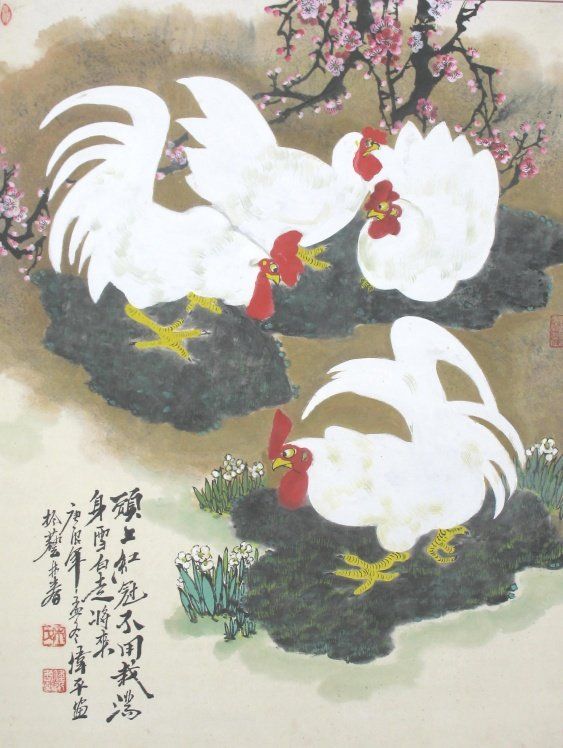
To nourish Yin (whether it is Kidney or Lung Yin) it is useful to consume more fatty “substance producing” foods.
To unlock the rest of this article select "Yes, I want to learn!" below.
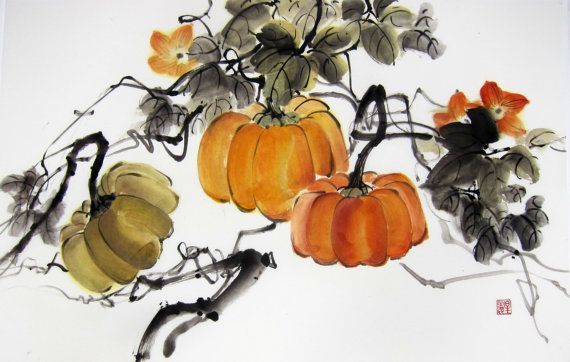
Food therapy is the most economical and non-toxic biochemical approach to health and disease. Food is something we continuously use to sustain our lives. Learning what foods are healing (and what disruptive) for each condition has the potential to convert every meal into a form of therapy.
YS
(1) Maciocia, Giovanni (1989). The Foundations of Chinese Medicine. Nanjing: Harcourt Publishers Limited
(2) Pitchford, Paul (2002). Healing with Whole Foods. Berkeley: North Atlantic Books
Related Articles
The Lung, season autumn, and the foods during autumn that benefit the Lung
Herbs that transform cold-phlegm and hot-phlegm
Herbs that relieve coughing and wheezing
Herbs for first stage wind attack
Herbs for second stage wind attack
Herbs that tonify Yin
Herbs that tonify the Qi and benefit Lung Qi
Please read our Disclaimer

